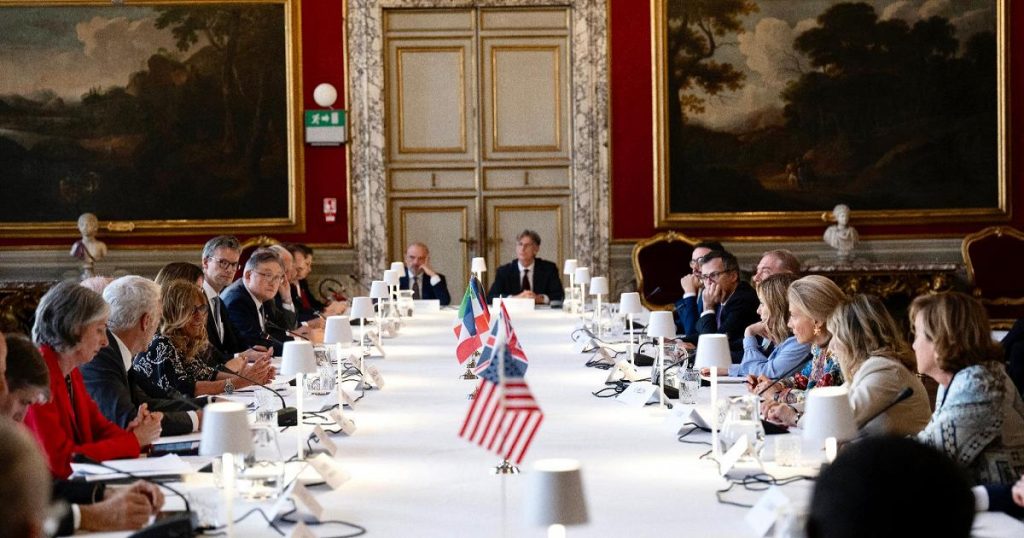The Civil 7 Summit recently took place in Rome, providing a space for international civil society dialogue with the G7. The discussions focused on issues related to the environment, social justice, and peace. Valeria Emmi and Riccardo Moro, the Sherpa and President of the C7 respectively, shared insights on their roles. The Sherpa facilitates internal dialogue and synthesizes policy proposals from the seven international thematic working groups for presentation to the G7 Presidency, while the President ensures inclusivity and international democratic participation. This year, over 700 organizations from around the world participated in the dialogue, highlighting the broad engagement of global civil society.
The C7 agenda revolves around the theme of ‘Just Justice’, encompassing economic, environmental, and social justice. Seven working groups were established to address issues related to finance, health, climate and energy, food, human mobility, humanitarian assistance, and peace, with a gender perspective woven throughout. Recommendations aim to accelerate climate action by phasing out fossil fuel subsidies by 2025 and transitioning to renewables by 2035, fulfill the unmet commitment to provide $100 million annually for low- and middle-income countries’ climate policies, and establish new collective quantified targets at COP 29 in December.
Social justice issues are vast and interconnected, requiring comprehensive attention to address complex crises. Emphasis is placed on ‘food justice’, combining food security for all with sustainable food systems, promoting agroecology, and ensuring universal health service coverage. Financial justice is highlighted as a key component, advocating for increased international taxation tools and coherence in trade agreements to align with the goals of the 2030 Agenda. The ongoing debt crisis in low- and middle-income countries is a pressing concern, impacting fiscal space for governments.
In the context of conflicts in Ukraine and Gaza, achieving peace seems elusive. The C7’s concrete objectives to halt destructive war include advocating for immediate ceasefires, transparency regarding damages caused, and meaningful involvement of civil society organizations in peace dialogues. Strengthening international disarmament norms, particularly nuclear disarmament, and upholding international humanitarian law are emphasized to address violations in conflict regions. The importance of civil society-led peacebuilding efforts and humanitarian action is underscored to counteract the devastating impacts of war on civilian populations.
Government officials, international public institutions, and religious figures such as Cardinal Zuppi participated in the C7 Summit, engaging in discussions with civil society representatives. While the dialogue quality was deemed satisfactory, the true impact of civil society recommendations will be revealed during the upcoming G7 Summit in mid-June. The involvement of institutional figures and government officials in the C7 Summit underscores the relevance of civil society contributions towards shaping a peaceful future and addressing global challenges. Despite occasional instances of corruption within civil society, the overall contribution and impact of civil society organizations in advocating for a sustainable, just, and peaceful world remain significant.


